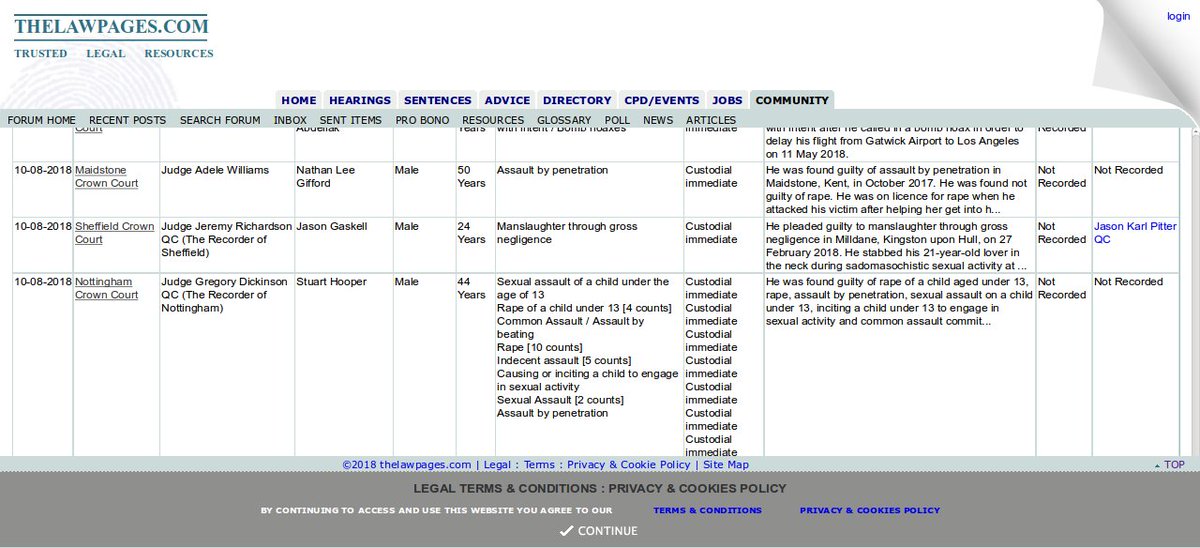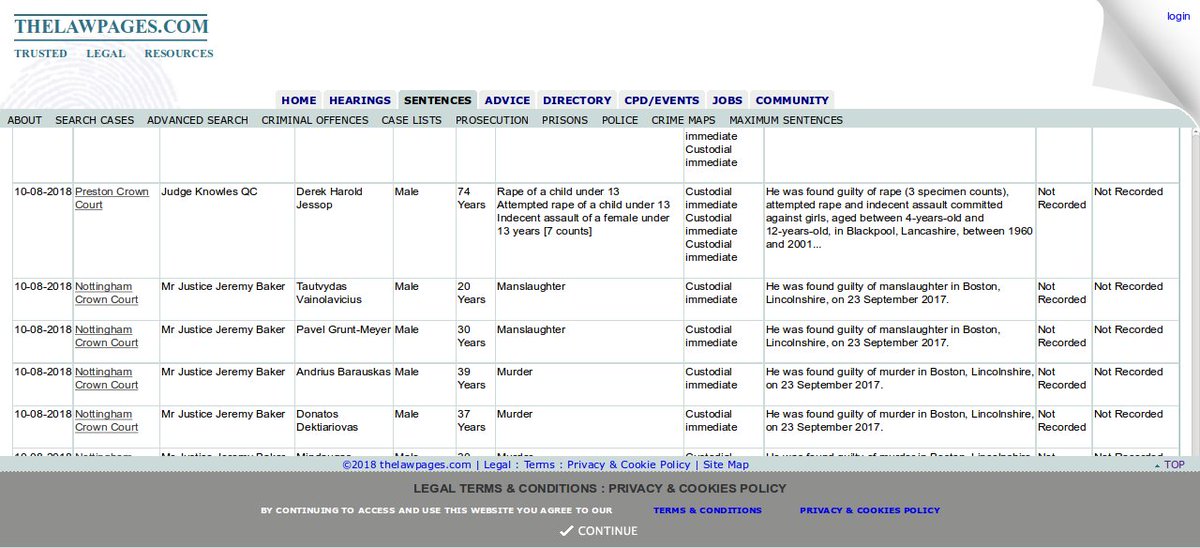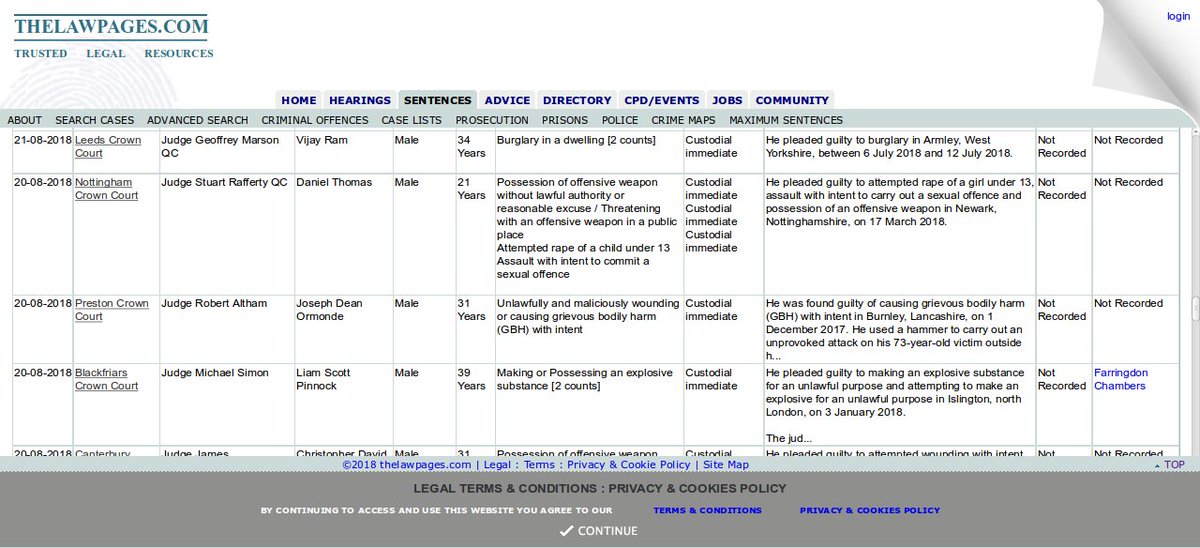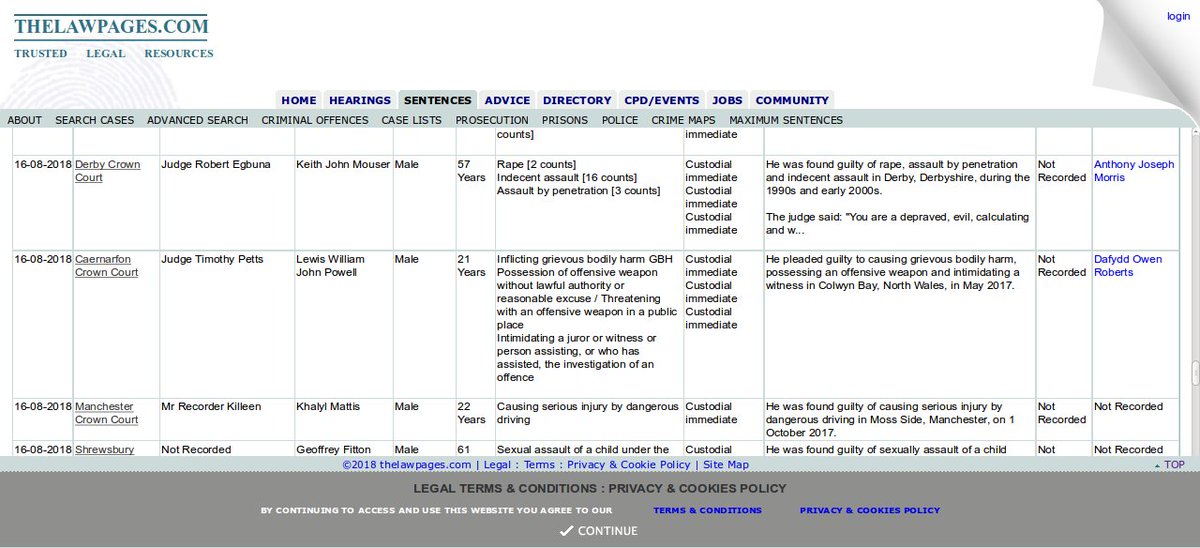He is there almost every day, and the groundskeepers recognize him now.
“The old man who writes,” they call him.
And “the old man who cries.”
He is my grandfather. 1/
He tries to hold himself firmly upright, back straight, even though arthritis has set in.
He used to be a Brigadier General.
Old habits die hard. 2/
“Hello love, my dearest friend.”
He reaches down and gently rests a hand on her tombstone, whispering a prayer. Then he sets up the folding chair. 3/
Her father was a nawab, a distinguished scholar, and an acclaimed poet.
They lived in a palatial estate. 4/
He was rakishly handsome, with an offhand charm that won him many friends. A favorite amongst his military peers. 5/
The women in the families connected with each other, and matchmaking occurred in an intricately layered web of acquaintances.
My grandparents met for the first time on their wedding day. 6/
She had never gone to school, but had been taught by tutors who came to her house every day. She spoke four languages fluently.
Every time he quoted her a romantic verse, she would quote him back its reply, and then the next verses too. 7/
The end of colonial British rule, and the breaking apart of society along religious and cultural fault lines, led to the splintering of families and a bloody period of rebirth.
Change came for everyone. 8/
“Humsafar,” like so many foreign words, loses much of its meaning in translation.
“Traveling companion.” 9/
Life is a journey, a slingshot trajectory between two great unknowns.
A flickering transition between two infinities.
Humsafar means I will journey with you. I will believe in you.
I will remain by your side. 10/
They have four children. Two boys and two girls. My father is the second oldest.
Education is their mantra. My father is an engineer, one sister is a teacher, the other is a doctor, and the youngest son an army Major and then teacher. 11/
If life teaches us anything, it is a bittersweet lesson in letting go.
She dies of breast cancer in 1998.
His beloved humsafar is gone. 12/
His doctors say he has a broken heart cardiomyopathy, and he eventually goes into kidney failure needing to start dialysis. He is dying.
But there is one area in which he flourishes.
His secret.
His poetry. 13/
It means “a secret.”
As he sits by her grave, on his little folding chair, he writes, and he weeps.
After his humsafar leaves him, he writes achingly beautiful verses, elegies, inspired by a love that brings him all the words he seeks. 14/
He never knew these people, but they are his beloved’s neighbors now.
He has always been kind to his neighbors. 15/
At his funeral I am overwhelmed by how many people are there, how many have flown from other countries to be there, how many lives he has touched.
I hear my grandfather’s poetry praised repeatedly. 16/
It is perhaps one last irony. That the “secret” should remain hidden from me, when I seek it most. 17/
Echoes of a life lived before mine.
Healing kidneys for a living.
Chasing the “secret” in my spare time.
Perhaps one day,
someday,
I’ll find it.





